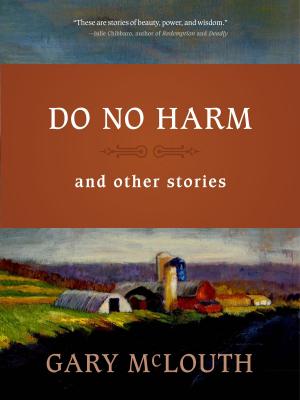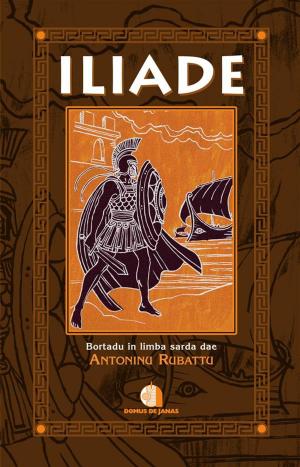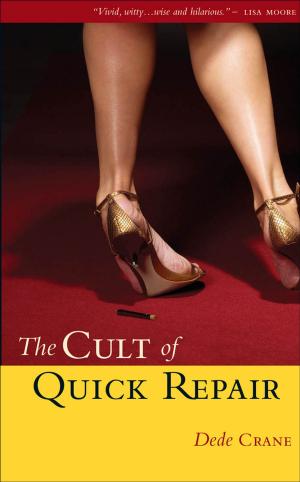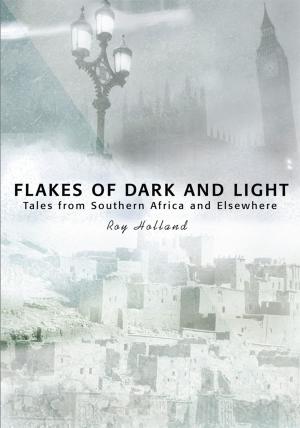| Author: | Andrew Lang | ISBN: | 1230000262278 |
| Publisher: | LONGMANS, GREEN, AND CO | Publication: | August 22, 2014 |
| Imprint: | Language: | English |
| Author: | Andrew Lang |
| ISBN: | 1230000262278 |
| Publisher: | LONGMANS, GREEN, AND CO |
| Publication: | August 22, 2014 |
| Imprint: | |
| Language: | English |
Example in this ebook
Recent years have brought rich additions to the materials for the study of early religion, ritual, magic, and myth. In proportion to the abundance of information has been the growth of theory and hypothesis. The first essay in this collection, 'Science and Superstition,' points out the danger of allowing too ingenious and imaginative hypotheses to lead captive our science.
As, like others, I have not long since advanced a provisional theory of my own, the second and third essays are designed to strengthen my position. The theory is that perhaps the earliest traceable form of religion was relatively high, and that it was inevitably lowered in tone during the process of social evolution. Obviously this opinion may be attacked from two sides. It may be said that the loftier religious ideas of the lowest savages are borrowed from Christianity or Islam. This I understand to be the theory of Mr. E. B. Tylor. It is with much diffidence that I venture, at present, to disagree with so eminent and sagacious an authority, while awaiting the publication of Mr. Tylor's Aberdeen Gifford Lectures. My reply to his hypothesis, so far as it has been published by him, will be found in the second essay, 'The Theory of Loan-Gods.' Secondly, my position may be attacked by disabling the evidence for the existence of the higher elements in the religion of low savages. Mr. Frazer, in the second edition of his 'Golden Bough,' has advanced an hypothesis of the origin of religion, wherein the evidence for the higher factors is not taken into account. Probably he may consider the subject in a later work, to which he alludes in his Preface. 'Should I live to complete the works for which I have collected and am collecting materials, I dare to think that they will clear me of any suspicion of treating the early history of religion from a single narrow point of view.'
Meanwhile, however, Mr. Frazer has advanced a theory of the origin of religion wherein evidence which I think deserving of attention receives no recognition. I hope, therefore, that it is not premature to state the evidence, or some of it, which I do in the third essay, 'Magic and Religion.'
Fourth comes a long criticism of Mr. Frazer's many hypotheses, which are combined into his theory of the origin, or partial origin, of the belief in the divine character of Christ. This argument demands very minute, and, I fear, tedious examination. I fear still more that my labour has not, after all, been sufficiently minute and accurate. It seems to be almost impossible to understand clearly and represent fairly ideas with which one does not agree. If I have failed in these respects it is unconsciously, and I shall gratefully accept criticism enabling me to recognise and correct errors.
Fifthly, I examine, in 'The Ghastly Priest,' Mr. Frazer's theory of the Golden Bough of Virgil as connected with the fugitive slave who was 'King of the Wood' near Aricia. I offer a conjecture as to the origin of his curious position, which seems to me simpler, and not less probable, than Mr. Frazer's hypothesis that this outcast 'lived and died as an incarnation of the supreme Aryan god, whose life was in the mistletoe or golden bough.' But my conjecture is only a guess at a problem which, I think, we have not the means of solving.
There follow an essay, 'South African Religion,' and another on the old puzzle of the 'Cup and Ring' marks on rocks and cists and other objects all over the world.
Next I consider the subject of 'Taboos,' with especial reference to the theory of Mr. F. B. Jevons. An essay follows on the singular rite of the Fire Walk, with the alleged immunity of the performers. This curious topic I have treated before, but now add fresh evidence.
To be continue in this ebook................................................................................................................
Example in this ebook
Recent years have brought rich additions to the materials for the study of early religion, ritual, magic, and myth. In proportion to the abundance of information has been the growth of theory and hypothesis. The first essay in this collection, 'Science and Superstition,' points out the danger of allowing too ingenious and imaginative hypotheses to lead captive our science.
As, like others, I have not long since advanced a provisional theory of my own, the second and third essays are designed to strengthen my position. The theory is that perhaps the earliest traceable form of religion was relatively high, and that it was inevitably lowered in tone during the process of social evolution. Obviously this opinion may be attacked from two sides. It may be said that the loftier religious ideas of the lowest savages are borrowed from Christianity or Islam. This I understand to be the theory of Mr. E. B. Tylor. It is with much diffidence that I venture, at present, to disagree with so eminent and sagacious an authority, while awaiting the publication of Mr. Tylor's Aberdeen Gifford Lectures. My reply to his hypothesis, so far as it has been published by him, will be found in the second essay, 'The Theory of Loan-Gods.' Secondly, my position may be attacked by disabling the evidence for the existence of the higher elements in the religion of low savages. Mr. Frazer, in the second edition of his 'Golden Bough,' has advanced an hypothesis of the origin of religion, wherein the evidence for the higher factors is not taken into account. Probably he may consider the subject in a later work, to which he alludes in his Preface. 'Should I live to complete the works for which I have collected and am collecting materials, I dare to think that they will clear me of any suspicion of treating the early history of religion from a single narrow point of view.'
Meanwhile, however, Mr. Frazer has advanced a theory of the origin of religion wherein evidence which I think deserving of attention receives no recognition. I hope, therefore, that it is not premature to state the evidence, or some of it, which I do in the third essay, 'Magic and Religion.'
Fourth comes a long criticism of Mr. Frazer's many hypotheses, which are combined into his theory of the origin, or partial origin, of the belief in the divine character of Christ. This argument demands very minute, and, I fear, tedious examination. I fear still more that my labour has not, after all, been sufficiently minute and accurate. It seems to be almost impossible to understand clearly and represent fairly ideas with which one does not agree. If I have failed in these respects it is unconsciously, and I shall gratefully accept criticism enabling me to recognise and correct errors.
Fifthly, I examine, in 'The Ghastly Priest,' Mr. Frazer's theory of the Golden Bough of Virgil as connected with the fugitive slave who was 'King of the Wood' near Aricia. I offer a conjecture as to the origin of his curious position, which seems to me simpler, and not less probable, than Mr. Frazer's hypothesis that this outcast 'lived and died as an incarnation of the supreme Aryan god, whose life was in the mistletoe or golden bough.' But my conjecture is only a guess at a problem which, I think, we have not the means of solving.
There follow an essay, 'South African Religion,' and another on the old puzzle of the 'Cup and Ring' marks on rocks and cists and other objects all over the world.
Next I consider the subject of 'Taboos,' with especial reference to the theory of Mr. F. B. Jevons. An essay follows on the singular rite of the Fire Walk, with the alleged immunity of the performers. This curious topic I have treated before, but now add fresh evidence.
To be continue in this ebook................................................................................................................















